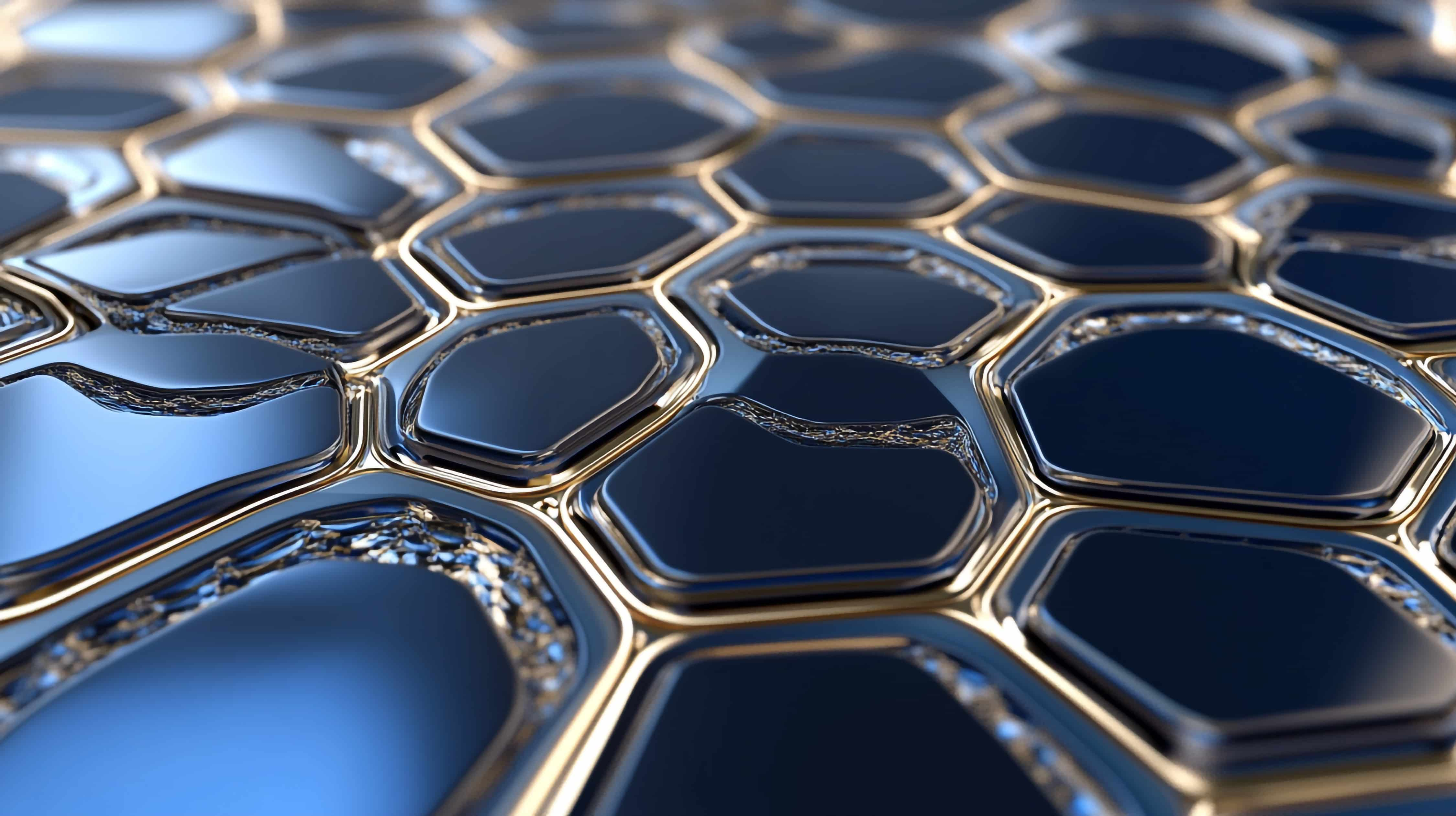
What is the Skin Barrier?
The skin barrier is your first layer of protection against moisture loss, environmental stressors, and harmful microbes. Also known as the stratum corneum, it plays a crucial role in hydration, skin health, and defence against external aggressors.
When functioning properly, the skin barrier locks in moisture, maintains a balanced microbiome, and shields against pollutants and irritants. However, a compromised barrier can lead to dryness, sensitivity, inflammation, and premature ageing.
The Skin Barrier is a Protective Shield
Think of. your skin barrier as a brick-and-mortar wall:
- Bricks: Corneocytes (dead skin cells) that provide strength and structure.
- Mortar: A lipid matrix composed of ceramides, cholesterol, and fatty acids, which hold the 'bricks' together to form a protective shield.
When the skin barrier is healthy, it keeps moisture in and harmful elements out. However, when weakened, it can lead to increased transepidermal water loss (TEWL), irritation, and a higher risk of breakouts and redness.
The Lipid Matrix: Essential for a Healthy Skin Barrier
The lipid matrix is the ‘mortar’ holding your skin barrier together. It consists of:
- Ceramides (50%) → Provide structure and moisture retention.
- Cholesterol (25%) → Maintains skin elasticity and flexibility.
- Free Fatty Acids (15%) → Support skin resilience and repair.
These lipids create a watertight seal that locks in hydration and prevents damage from external stressors like pollution, UV rays, and harsh skincare products.
Why is the Skin Barrier Important?
1. Prevents Moisture Loss & Hydrates the Skin
A healthy skin barrier reduces TEWL (Transepidermal Water Loss), ensuring plump, hydrated, and supple skin. Compromised barriers struggle to retain moisture, leading to dryness, rough texture, and irritation.
2. Shields Against Environmental Damage
Your skin barrier acts as a protective shield against:
- Pollution & Free Radicals → Triggers oxidative stress, leading to dullness and premature ageing.
- UV Radiation → Breaks down collagen and lipids, accelerating fine lines and wrinkles.
- Harmful Bacteria → Increases the risk of breakouts, acne, and infections.
3. Regulates Sensitivity & Reduces Inflammation
A weakened barrier allows irritants, allergens, and pollutants to penetrate deeper, causing:
- Redness & irritation
- Increased sensitivity
- Flare-ups of conditions like eczema and rosacea
4. Maintains a Healthy Skin Microbiome
The skin microbiome is a delicate balance of beneficial bacteria that help:
- Defend against harmful bacteria
- Reduce acne, eczema, and other inflammatory skin conditions
- Strengthen the skin’s immune response
A compromised barrier can disrupt the microbiome, leading to inflammation, breakouts, and an impaired ability to heal.
5. Supports Skin Longevity & Anti-Ageing
When the skin barrier is damaged, moisture loss and chronic inflammation accelerate collagen and elastin breakdown, leading to:
✔ Fine lines & wrinkles
✔ Loss of firmness
✔ Dull, tired-looking skin
A strong skin barrier ensures long-term hydration, resilience, and youthful radiance.
How the Skin Barrier Changes Over Time
Your skin barrier evolves due to age, lifestyle, and environmental factors:
- At Birth → Underdeveloped, highly sensitive, and prone to moisture loss.
- Young Adulthood → Strongest and most resilient.
-
As You Age → Lipid production slows down, leading to a thinner, more fragile barrier with dryness, sensitivity, and fine lines.
Factors like sun exposure, harsh skincare, pollution, and diet can also accelerate barrier damage over time.
Final Thoughts: Why Protecting the Skin Barrier Matters
Your skin barrier is the foundation of healthy, radiant skin. By understanding its structure, function, and role in hydration and protection, you can make smarter skincare choices that strengthen and repair rather than strip and weaken.
10% off your first order.